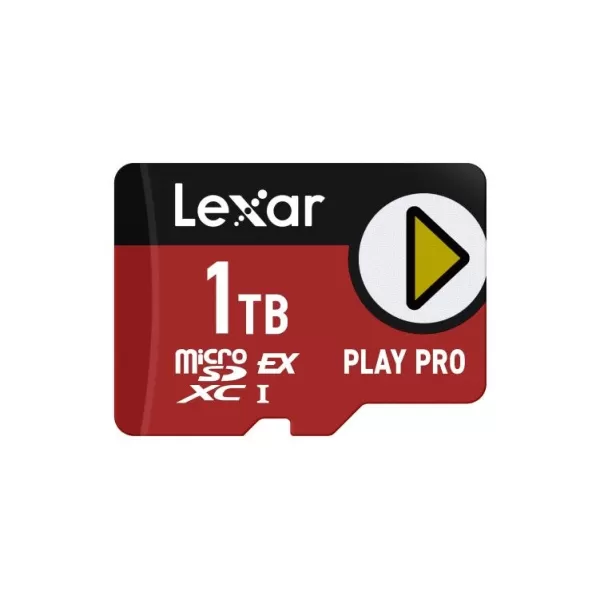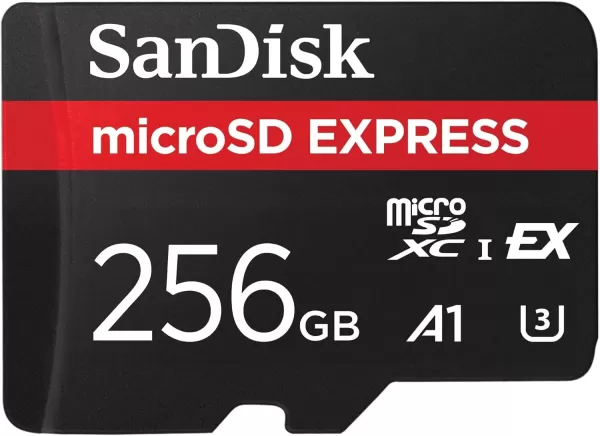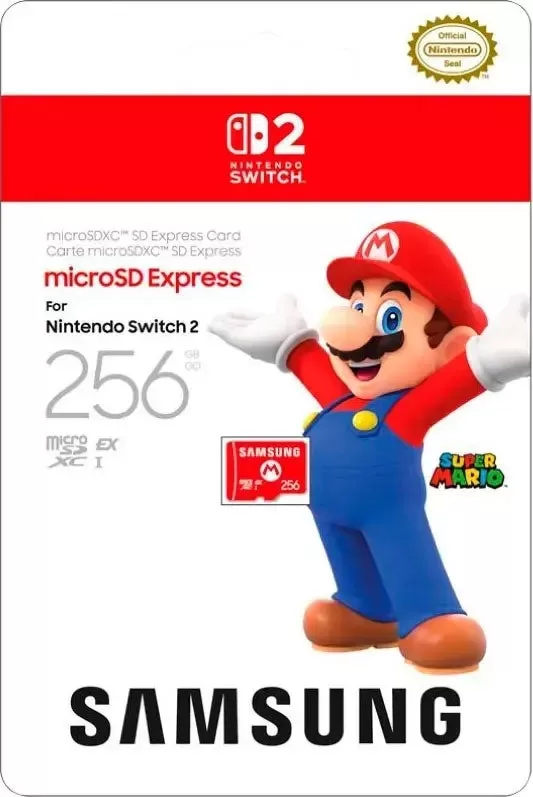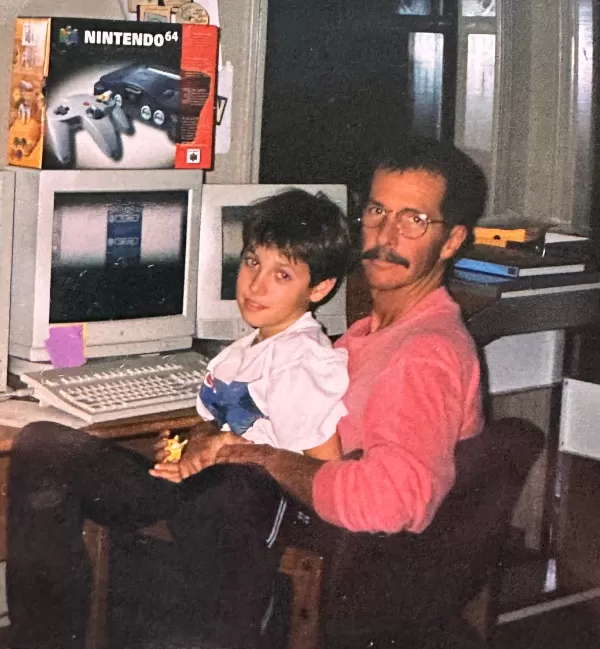The highly anticipated Nintendo Switch 2 is just around the corner, and if you're planning to get your hands on one, it's crucial to know that its built-in storage is limited to 256GB. To avoid constantly uninstalling and reinstalling games, expanding the storage is essential. However, unlike its predecessor, the Nintendo Switch 2 requires MicroSD Express cards—faster but more expensive than traditional UHS-based SD cards.
Although Play Pro MicroSD Express cards have been around conceptually, there are currently only a few on the market due to their niche appeal among creative professionals. With the Switch 2 launch imminent, expect a surge in availability. Keep in mind that since the console isn't officially released yet, I haven't tested any of these cards personally. Nonetheless, most come from reputable brands known for producing high-quality storage solutions.
Why MicroSD Express?
Nintendo has mandated the use of MicroSD Express cards for storage expansion, and while the exact reasoning remains unclear, it’s easy to see why faster storage would be beneficial. The internal flash storage mirrors the speed of modern smartphones, ensuring consistent performance regardless of where the game is stored—internally or externally. Unlike PlayStation consoles, which allow slower external drives for older titles, the Switch 2 offers no compromise here. If you want to expand your storage, a MicroSD Express card is non-negotiable.
Top Picks for MicroSD Express Cards
1. Lexar Play Pro
The Best MicroSD Express Card

PROS: Fastest read speeds (up to 900MB/s), largest storage capacity (up to 1TB)
CONS: Currently the most expensive option
Of the two MicroSD Express cards currently available, the Lexar Play Pro stands out as the fastest and most spacious. With support for read speeds of up to 900MB/s and storage capacities up to 1TB, it’s the best choice right now. Due to the current demand, it’s challenging to find in stock, but this situation should stabilize over time. If you're looking for the ultimate SD card for your Switch, keep an eye on the Lexar Play Pro, particularly the 1TB version. For now, Adorama offers it on backorder until July.
2. SanDisk MicroSD Express
The Most Readily Available MicroSD Express Card

PROS: Widely available, reliable brand
CONS: Limited to 256GB of additional storage
With numerous SanDisk SD cards scattered around my desk, it’s no surprise they dominate the market. Their MicroSD Express card offers a maximum of 256GB, effectively doubling the Switch 2's internal storage. While this isn’t as extensive as other options, it’s still a solid upgrade. Its read speed reaches up to 880MB/s, which is slightly slower than the Lexar Play Pro but more than sufficient for most games. This card is readily available and a great choice if you prefer convenience over cutting-edge performance.
3. Samsung MicroSD Express for Switch 2
The Official Nintendo-Approved Option

PROS: Official Nintendo-endorsed product, trusted brand
CONS: Limited details about specifications
Though not yet released, Samsung’s MicroSD Express card is the official Nintendo-endorsed solution. Despite its promising reputation, specifics such as storage speed and capacity remain unknown. I’ve reached out to Samsung for clarification and will update this guide upon receiving further information. If you prefer peace of mind with an official product, this could be the ideal choice.
MicroSD Express FAQ
How Fast is MicroSD Express?
MicroSD Express cards leverage PCI Express 3.1 technology, making them significantly faster than conventional SD cards. While full-sized SD Express cards can reach read speeds of up to 3,940MB/s, MicroSD Express cards max out at 985MB/s. This is still a substantial leap from the older MicroSD cards used in the original Switch.
How Long Will a MicroSD Express Card Last?
Like all SD cards, MicroSD Express cards aren’t designed for long-term archival storage and have a finite lifespan. Environmental conditions and usage patterns influence longevity. Expect a typical MicroSD Express card to last between 5 to 10 years, so always back up critical data regularly.






























